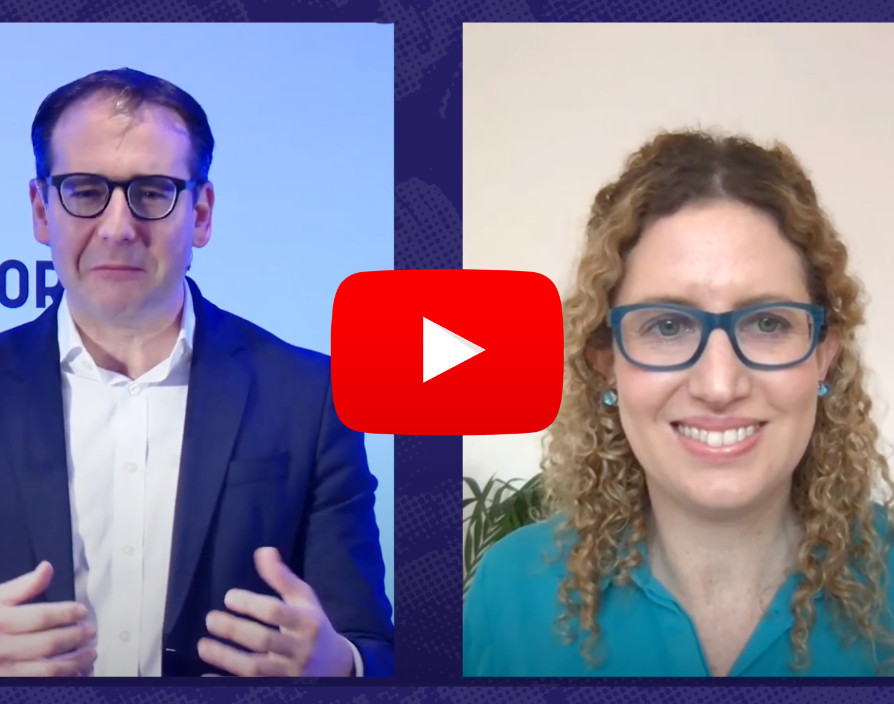How can businesses make sure they are making the right financial decisions for long-term financial health?
Symmie Swil, Head of SME Banking at Starling Bank, joined us on the first day of Elite Business on 11 March as the keynote speaker for the Financial Management talk, speaking about how businesses can manage their finances and why this is all the more important during the global pandemic.
Business success is more than just managing finances as a lot of other factors do come in to play, such as maintaining your own and your employees’ well-being, ensuring your customers are well looked after and understanding the core values of your business. With financial management strategies in place, business owners can focus on achieving long-term growth by focusing on other parts of their company ‘ not just their bank balance.
Business success is more than debits and credits. Your bank account is there to enable you to achieve your potential but it’s not the only measure of your business, Symmie said. Maintaining your balance is key and by that, not just your cash reserves but also your well-being and that of your employees and customers. And lastly, embracing change has absolutely fundamental to growing your business. This also reflects how we at Starling look at our growth. Our customers and our mission to make it easier and fairer for them is at the heart of what we do. Doing the right thing is one of our core values and reflects not only how we want to treat our customers but also how we aim to create a supportive and inclusive environment for our people. We believe that this allows us to be more innovative and creative and gives us a competitive edge.
It is important to adapt smart money management by managing your finances in a time-effective way, allowing you to focus on other aspects of your business such as connecting with their customers and improving their product. Financial management shouldn’t take over the main core of your business, Symmie said.
“Without creating a budget and tracking your performance against it, it will be very hard for your business to succeed in the long run, she added. Your business is more than your budget or bank balance. Although I would like to think the Starling Bank account is your guarantee of success, I’m really most proud when we are able to enable our customers to instead use the time they save with us and the insights we give them to focus on growing their business, connecting with their customers and improving their products… that passion is what will drive you, and the perspective you wish to assess whether your financial management is helping you towards your goals.
In the rise of the pandemic, how are organisations’ evolving to fit the changing needs of their customers? Symmie insisted on the importance of helping customers understand their services and what it means for them, as well as providing support in the decision-making process. This can essentially help business owners feel more assured and aware of how to proceed with their financial plans, especially for those who are desperately looking for a solution.
I think we always take it very seriously to make sure that our customers understand what they’re doing, Symmie said. There are formal requirements around providing advice which we have to be very careful of, but in this time we have a lot of our customers are very anxious, while some have taken on debt for the very first time. We really try to make sure that we provide them with the best support and understanding of what’s involved. But we obviously see financial services being more integrated across a wider set of products and that’s one of the risks. If it’s further away from the bank, there is less of that support or less of that understanding of what risk and what those financial products mean.
Even though small businesses know how to make money, doesn’t mean they understand financial literacy. Hiring someone externally can save you the hassle of doing the accounting on your own, and by outsourcing, you can reduce the time you spend on managing your finances to focus on other day-to-day runnings of your business. I think people are more literate and more savvy than they sometimes get given credit for, Symmie said. But that doesn’t mean we need to have the right protections though just in case. I think financial literacy is different from commerciality. I think small businesses are incredibly commercial, they know exactly how to be making money, they know how to find opportunities, but they might just need a little bit of support on what that means in terms of the accounting and interms of tax. And I think that’s a lot easier to bring in externally than it is to have within your business. If I were to choose, I would say I would want to really commercialise a small business who can bring in some of that external expertise separately.
“
Share via:








































